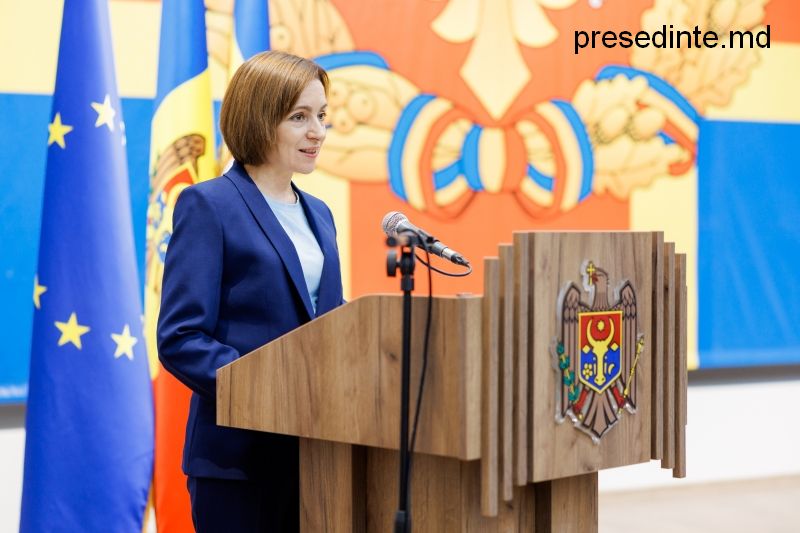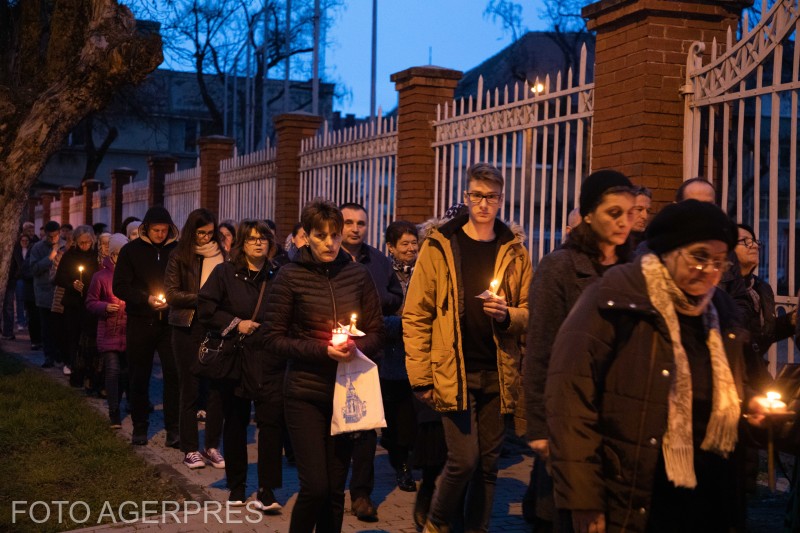Moldova, between the West and the East
The Republic of Moldova held presidential elections and a referendum on EU membership.

Corina Cristea, 21.10.2024, 14:00
The Republic of Moldova held presidential elections and a referendum on EU membership.
Casting their vote in larger numbers than in the previous presidential elections, the citizens of the Republic of Moldova decided that the future head of state should be elected in a new round of voting, in two weeks. The incumbent president, the pro- European Maia Sandu, and the candidate supported by the pro-Russian party of socialists, Alexandr Stoianoglo are the two contenders.
In the first round, the former World Bank economist and the first woman to become president of Moldova, obtained 42% of the votes, the highest share of the 11 candidates, but still insufficient to secure a new mandate at the helm of the country. A country which, under her leadership, turned its back on Moscow after Russia’s invasion of the neighboring Ukraine and which this year officially opened accession negotiations to the European Union. Maia Sandu even called a referendum on the inclusion in the Constitution, based on the people’s vote, of the country’s irreversible European path The referendum, held on October 20, was meant to validate the strategy to determine the destiny of the former Soviet republic of 2.6 million inhabitants. A lost bet? Before the votes of the Diaspora are counted, the results show a higher number of people who oppose EU accession, prompting president Maia Sandu to denounce an unprecedented fraud, “an unprecedented attack on democracy”: “Criminal groups, together with foreign forces hostile to our interests, attacked our country with tens of millions of euros, lies and propaganda, with the most wretched means, in order to lead our citizens and our country to an area of uncertainty.”
In a vote suspected of Russian interference, rejected “categorically” by the Kremlin, 53% of Moldovans voted against the inclusion of the European accession objective in the Constitution, according to results after counting more than 90% of the ballots. However, the pro-European camp took the lead after the counting of more than 98% of the votes, the advance being most likely due to the Diaspora, who supports EU accession. The extremely tight result is surprising, given that recent polls showed the YES vote would be dominant. Without questioning the negotiations with the 27, the result weakens, in a way, the pro-European image of the population and Maia Sandu’s leadership, analysts specialised in the ex-Soviet area say.






























